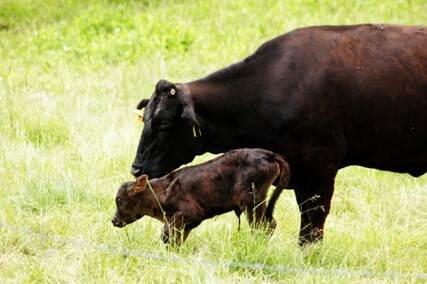Japan News Update #59 (April 2024)
Stay updated on the latest agricultural news in Japan, that we publish every month.
by Yuki Sano
Tackling Climate Change
Although Japan's GHG emissions are dropping for various reasons, the absorption by forests and other sources fell 6.4% to 50.2 million tons in 2022/23 due to aging forests. As the fifth-largest greenhouse gas emitter in the world, Japan includes seagrass and seaweed beds in its national greenhouse gas inventory. About 100 volunteers planted eelgrass in Yokohama to restore the coastal ecosystem and help Japan reach carbon neutrality by 2050. This "blue carbon" accounted for 350,000 metric tons of CO2 in 2022 as forest carbon absorption declined, highlighting marine vegetation's role in carbon capture.
Source: Battling climate change, Japan looks to seagrass for carbon capture; Japan's greenhouse gas emissions fall 2.5% in FY22/23 to record low

In response to rising food demand, Japan is exploring next-generation protein sources like insects and soy meat. Despite government support and potential benefits, consumer acceptance remains low, with 65% opposing insect consumption, according to an online survey. Guidelines for safe insect production have been issued. The plant-based protein market, valued at ¥1.2 trillion in 2022, is expected to reach ¥4 trillion by 2030.
Source: Next-gen protein sources explored as meat replacements in Tohoku
Japan's Supplement Market Shaken by Safety Issues
Consumers in Japan are avoiding dietary supplements and functional foods after a health scare linked to Kobayashi Pharmaceutical's red yeast rice products. Five deaths and over 100 hospitalizations prompted a recall and heightened scrutiny of the industry. The Consumer Affairs Agency is investigating 1,700 manufacturers for safety measures. Sales of functional foods have dropped around 10% since the scare. Unlike stricter rules in the EU and ASEAN, functional foods in Japan lack rigorous safety regulations. This incident underscores the need for improved safety oversight in Japan's supplement industry.
Source: Japan sales of 'functional' foods drop 11% after supplement deaths
New Genetic Tool to Prevent Inbreeding in Japanese Black Beef
The National Agriculture and Food Research Organization (NARO) has developed a new method to evaluate the degree of inbreeding in the Japanese Black breed of beef cattle by using differences in the nucleotide sequence of each individual (genome information). This method can accurately evaluate the degree of inbreeding from genome information without using family tree information. This will enable breeders and farmers to obtain genome information to make inbreeding decisions, thereby preventing productivity loss due to inbreeding rate increases.
